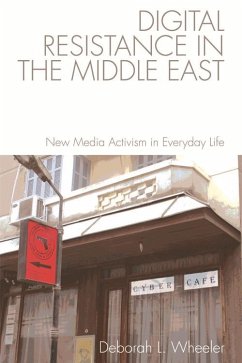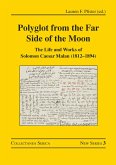Explores how internet use empowers Arab citizens
This book argues that Internet diffusion and use in the Middle East enables meaningful micro-changes in citizens' lives, even in states where no Arab Spring revolution occurred. Using ethnographic evidence and taking a comparative perspective, it presents a grass roots look at how new media use fits into the practice of everyday life. It explores why citizens use social media to digitally route around state and other forms of power at work in their lives. This increase in citizen civic engagement, supported by new media use, offers the possibility of a new order of things, from redefining patriarchal power relations at home, to reconfigurations of citizens' relationships with the state, broadly defined. The author argues that new media channels offer pathways to empowerment widely and cheaply in the Middle East.
Key Features
- Based upon ethnographic research of Internet diffusion and impact in several Middle Eastern countries (primarily Kuwait, Jordan and Egypt, but also Tunisia, Morocco, UAE, Oman, Qatar and Saudi Arabia)
- Collects evidence of new media-enabled change between 1996 and 2014, giving an evolutionary perspective on small acts of norm violation and change in everyday life
- Shows how even micro-political and social uses of the internet can disrupt power relations
- Encourages a renewed focus on citizen agency, voice and interests in the Middle East despite the persistence of regional authoritarianism
Dieser Download kann aus rechtlichen Gründen nur mit Rechnungsadresse in A, B, BG, CY, CZ, D, DK, EW, E, FIN, F, GR, HR, H, IRL, I, LT, L, LR, M, NL, PL, P, R, S, SLO, SK ausgeliefert werden.









